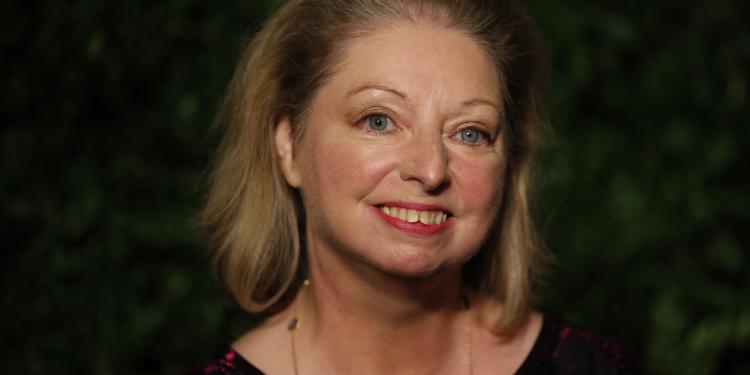When I sat down to write at last, it was with relish for his company. The title arrived before a word was written: Wolf Hall, besides being the home of the Seymour family, seemed an apt name for wherever Henry’s court resided. But I had no idea what the book would be like, how it would sound. I could see it, rather than hear it: a slow swirling backdrop of jewelled black and gold, a dark glitter at the corner of my eye. I woke one morning with some words in my head: ‘So now get up.’ It took a while to work out that this was not an order to get the day under way. It was the first sentence of my novel.
Wolf Hall attempts to duplicate not the historian’s chronology but the way memory works: in leaps, loops, flashes. The basic decision about the book was taken seconds before I began writing. “So now get up”: the person on the ground was Cromwell and the camera was behind his eyes.
The events were happening now, in the present tense, unfolding as I watched, and what followed would be filtered through the main character’s sensibility. He seemed to be occupying the same physical space as me, with a slight ghostly overlap. It didn’t make sense to call him ‘Cromwell’, as if he were somewhere across the room. I called him ‘he’. This device, though hardly of Joycean complexity, was not universally popular. Most readers caught on quickly. Those who didn’t, complained.
After I had written the first page I was flooded by exhilaration. I am usually protective of my work, not showing it to anyone until it has been redrafted and polished. But I would have liked to walk around with an idiot grin, saying to the world: ‘Do you want to see my first page?’ Soon the complexity of the material began to unfold. So many interpretations, so many choices, so much detail to be sifted, so much material: but then, suddenly, no material, only history’s silences, erasures. Until a late stage, what would become a trilogy was still one book. It was only when I began to explore the contest between Thomas Cromwell and Thomas More that I realised I was writing the climax of a novel, not merely another chapter.
The facts of history are plain enough, but the shape of the drama was late to emerge, and the triple structure later still. In my mind, the trilogy remains one long project, with its flickering patterns of light and dark, its mirrors and shadows. What I wanted to create is a story that reflects but never repeats, a sense of history listening and talking to itself.
This article was first published in 2012 and is taken from A Memoir of My Former Self: A Life in Writing by Hilary Mantel, published in the UK by John Murray























